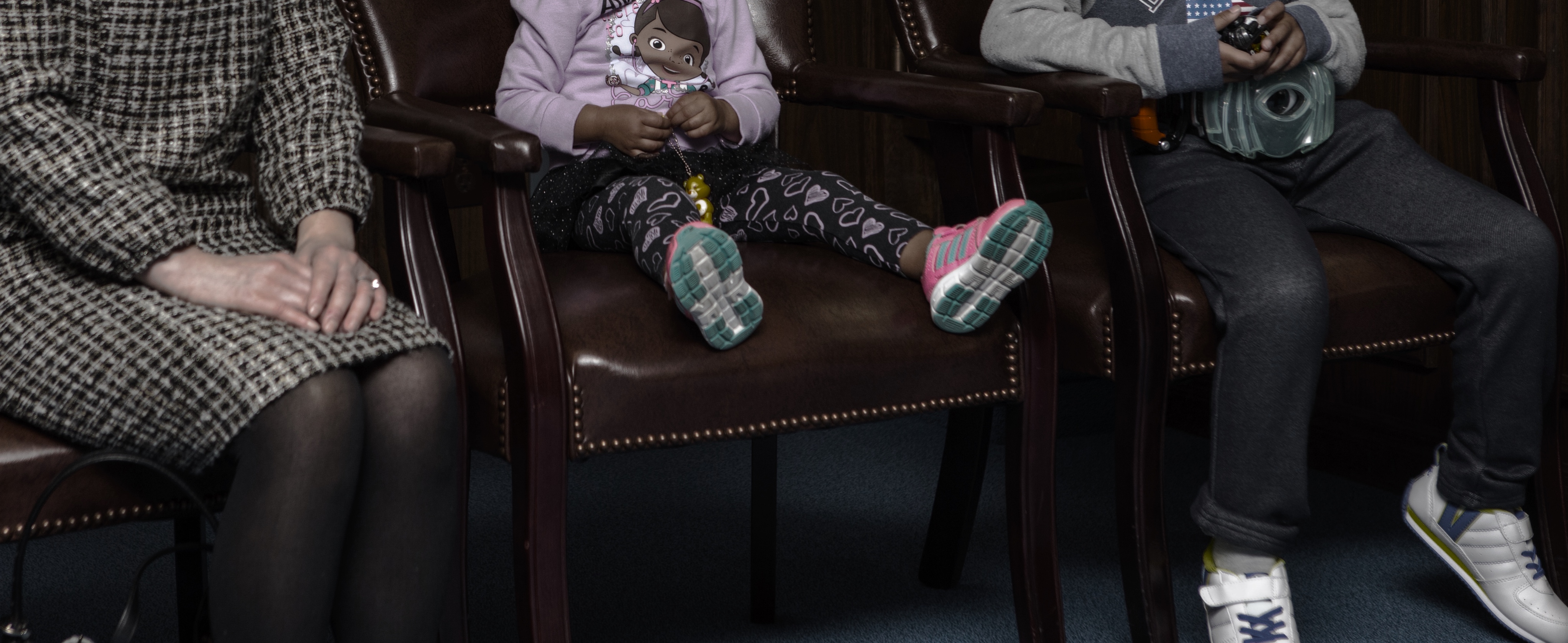Date: Thursday 23. August
Time: 09:00 – 10:30
Place: Bergen Resource Centre for International Development, Jekteviksbakken 31, Bergen
Courts, traditionally oriented towards parental rights and presumptive autonomous individuals, are often criticized for not focusing on children’s interests, rights and competencies. Children, who are at the centre of cases relating to them (child custody, child protection, juvenile offenders), are often not engaged as agents in the decision-making process. Reports from children and young people regarding their experiences of the justice system (criminal, family and child protection courts), found a high degree of mistrust (Kilkelly, 2010). Shortcomings such as “intimidating settings, lack of age-appropriate information and explanations, a weak approach to the family as well as proceedings that are either too long or, on the contrary, too expeditious” were just some of the deficits highlighted by the Council of Europe (2010: 7).
The Convention on the Rights of the Child, article 12, states that “Children shall be provided the opportunity to be heard in any judicial and administrative proceedings affecting the child, either directly, or through a representative or an appropriate body.” Further, the Guidelines on Child Friendly Justice (Council of Europe, 2010) underscore the necessity of skills and competencies of judiciary staff. But what does it mean to be heard? Are courts in their practice child-friendly, and how do the child-responsive settings vary across systems? Can children’s rights capacity be improved through empowerment and advocacy?
In this session, we will hear results from two action projects on child-friendly courts:
- “Improving Decisions through Empowerment and Advocacy (IDEA)” includes five countries: Estonia, Finland, Hungary, Ireland, and Sweden. The researchers have provided interdisciplinary training on legal developments, child participation, child welfare and development and staff welfare to lawyers and social workers representing children or children’s interests.
- The Change Factory (Norway) has a training program for district courts and country boards to improve the dialogue and inclusion of children. What have we learnt from these interventions? Are courts becoming more child-friendly?
Moderator(s): Jenny Krutzinna / Marit Skivenes (both University of Bergen)
Participants/introductions by:
- Tarja Pösö (Tampere University)
- Kenneth Burns (University College Cork)
- Katre Luhamaa (University of Bergen)
- Staffan Höjer (University of Gothenburg)
- Conor O’Mahony (University College Cork)
- Julia Sloth-Nielsen (Leiden University)
- The Pro’s (Change Factory)

